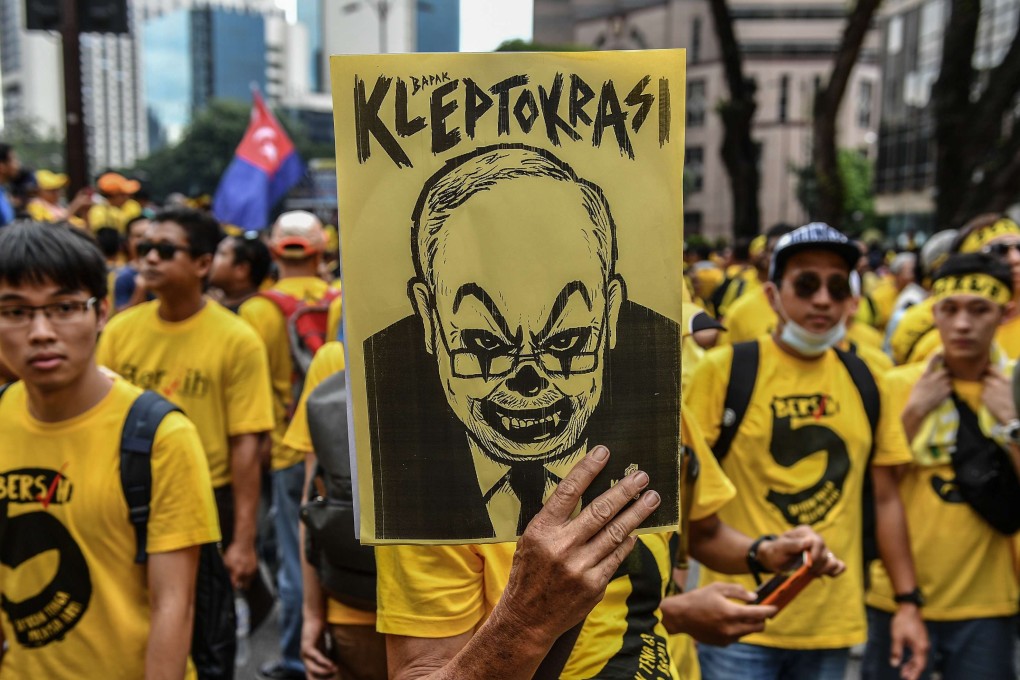Has China offered to bail out Malaysia’s 1MDB? At what cost?

China’s economic largesse to Malaysia was back in the spotlight on Wednesday following an apparent renewed effort by Beijing to bail out the Southeast Asian country’s beleaguered 1MDB state investment fund.
Political observers say such multibillion-dollar favours are likely to continue unabated as China seeks to bring a key trading partner closer into its strategic orbit and as Prime Minister Najib Razak turns away from the West, where he is accused of running a kleptocracy.
The Financial Times newspaper in a report on Wednesday said China “had been approached” to help 1MDB – embattled by a long-running money laundering scandal linked to Najib – pay off a US$6.5 billion (HK$50.4 billion) debt to an Abu Dhabi state investment arm.
One unnamed source with knowledge of the matter told the newspaper that Malaysia would swap assets in exchange for Chinese financing.
“China is disbursing goodwill around the region…so this is not a surprising move,” said Oh Ei Sun, a former top political aide to Najib.